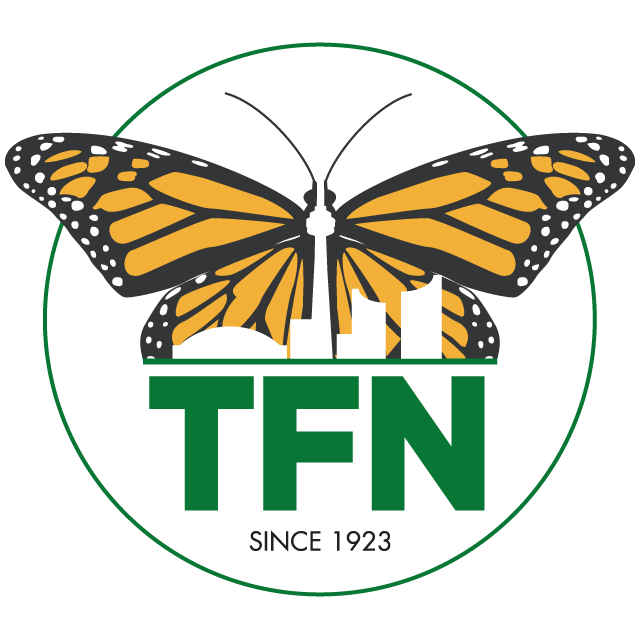Ontario Place, an iconic landmark on Toronto’s waterfront, holds significant cultural, architectural, and environmental value. Designated as a provincial heritage property, it is celebrated for its futuristic design and recognized globally as an important cultural asset. Beyond its architectural significance, Ontario Place provides essential green space, serving as a habitat for wildlife, including migratory birds and species at risk.
Despite its recognized importance, Ontario Place faces an uncertain future due to the province’s redevelopment plans. Various organizations have raised concerns about potential consequences, including:
- Privatization: Reducing public access to this cherished space.
- Loss of Public Space: Threatening its availability for community use.
- Environmental Impact: Damage to the natural environment and wildlife habitats.
- Cultural Heritage Loss: Risks to its historically significant architectural features.
The province’s decision to proceed with redevelopment has sparked legal challenges. However, legislative measures like the Regulation of Ontario Place Act (ROPA) have limited public consultation and restricted legal avenues for challenging the government’s actions.
In a significant setback, a judicial review application from Ontario Place for All, challenging the lack of an environmental assessment, was dismissed due to ROPA’s provisions.
Public Trust and Legal Precedents
Canadian courts have long recognized that governments hold public lands like parks in trust for citizens’ benefit. This concept has historical roots in common law, emphasizing the government’s responsibility to manage public resources sustainably.
Public trust cases have previously been argued in the Supreme Court of Canada and Federal Court of Appeal, while some provinces and territories have formally integrated the public trust doctrine into environmental legislation.
What TFN is Doing
Toronto Field Naturalists has joined a coalition of non-profit organizations which includes Democracy Watch, Ontario Place for All, and National Trust for Canada to appeal ROPA on the grounds of public trust. We believe that this legal case could strengthen protections for cherished public spaces like Ontario Place.
Our factum has been filed in court and the hearing is scheduled for January 16th, 2025. If you want more details on the case, you can read the factum here.

